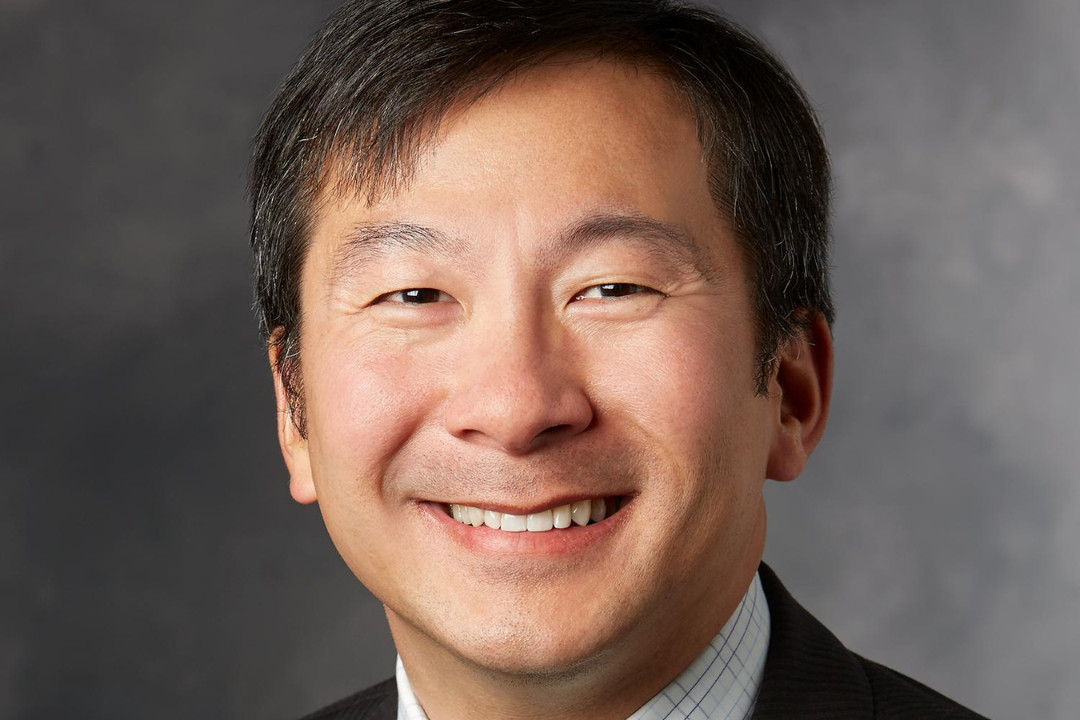Stanford University, USA

Professor Alan Cheng received his M.D. degree from the Albert Einstein College of Medicine and graduated with distinction in research in otobiology. Alan pursued his residency training in Department of Otolaryngology-Head and Neck Surgery at University of Washington.
During residency, he undertook a two-year NIH-sponsored research fellowship investigating mechanisms of hair cell degeneration under the mentorship of Edwin Rubel. After residency he sought fellowship training in pediatric otolaryngology in Children’s Hospital Boston, Harvard Medical School.
More about Alan’s work
Alan joined the Department of Otolaryngology-Head and Neck Surgery at Stanford University as a physician-scientist in September 2007. His clinical practice focuses on otologic diseases including congenital hearing loss, cochlear implantation, and chronic ear diseases in the paediatric population. In parallel, his research program focuses on inner ear cell regeneration and aminoglycoside toxicity.
In 2016, he established and has since served as the director of the clinician-scientist training program to train the future generation of surgeon-scientists to study communication disorders. Finally, under his leadership as the Chief of the Division of Paediatric Otolaryngology since 2018, his group now consists of 8 faculty members who provide care for complex diseases of the paediatric ear, nose, and throat regionally and nationally.
Developing new aminoglycoside antibiotics to prevent hearing loss
Read about Alan’s research projectAlan’s approaches to hearing research
The biggest impact in driving hearing research forward will be successful translation of some of the promising preclinical research. That spans gene therapy to otoprotective agents.
Hearing loss has a profound impact on patients of all ages. It causes speech delays, communication problems, depression, and cognitive decline. Ever since medical school, I have been passionate in finding ways to improve the lives of those with hearing loss, both as a physician and a researcher.
There is so much still we don’t know about how hearing works and even more so how to restore hearing. For these reasons, I have chosen to studying the inner ear.